Oil prices have soared. Why won't Opec bring them down?
The world's major oil exporters meet on 5 May, amid calls from across the globe to bring down prices.
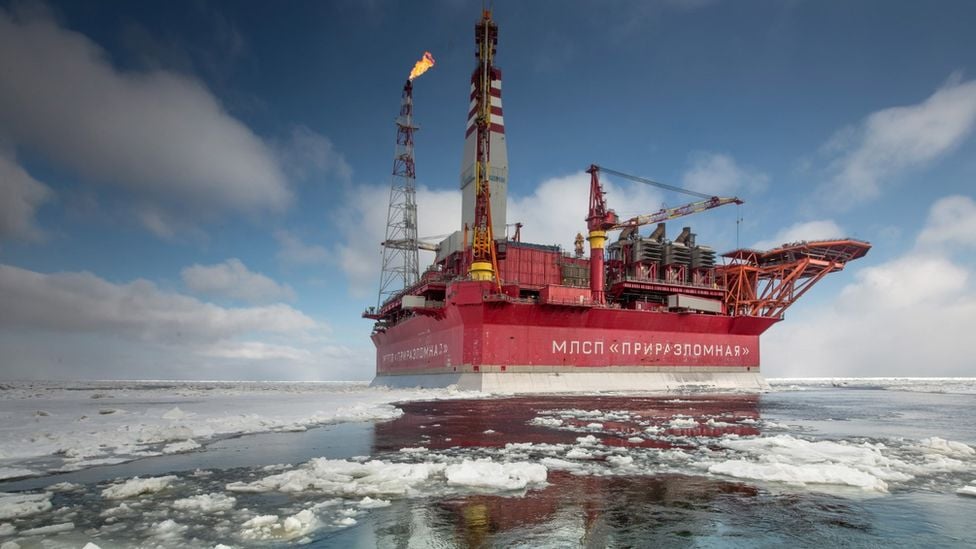
MAY 4: The world's major oil exporters meet on 5 May, amid calls from across the globe to bring down prices.
But members of oil producers' group Opec+ - which includes Russia - are not rushing to help out.
What is Opec+?
Opec+ is a group of 23 oil-exporting countries that meets every month in Vienna, to decide how much crude oil to put onto the world market.
At the core of this group are the 13 members of Opec (the Organisation of Oil Exporting Countries), which are mainly Middle Eastern and African countries. It was formed in 1960 as a cartel, with the aim of fixing the worldwide supply of oil and its price.
Nowadays, Opec nations produce about 30% of the world's crude oil, about 28 million barrels a day. The biggest single oil producer within Opec is Saudi Arabia - which produces more than 10 million barrels a day.
In 2016, when oil prices were particularly low, Opec joined forces with 10 non-Opec oil producers to create Opec+.
Among them is Russia, which also produces over 10 million barrels a day.
Together, these nations produce about 40% of all the world's crude oil.
"Opec+ tailors supply and demand to balance the market," says Kate Dourian, of the Energy Institute. "They keep prices high by lowering supplies when the demand for oil slumps."
Opec+ could also lower prices by putting more oil onto the market, which is what major importers like the US and UK want it to do.
How did oil prices get this high?
In spring 2020, as Covid spread around the world and countries went into lockdown, the price of crude oil crashed because of a lack of buyers.
"Producers were paying people to take the oil off their hands, because they didn't have enough space to store it all," says Ms Dourian.
After this, Opec+ members agreed to slash production by 10m barrels a day, to drive the price back up.
In June 2021, with demand for crude beginning to recover, Opec+ started gradually increasing supply, putting an extra 400,000 barrels a day onto world markets. It is now supplying some two and a half million barrels of oil a day less than in spring 2020.
However, when Russia invaded Ukraine, the price of crude soared to well over $100 a barrel. This has caused significant rises in the price of petrol at the pumps.
"When Opec+ cut supplies by 10 million barrels a day in May 2020, they cut too deep," says David Fyfe, chief economist at Argus Media.
"Now they're increasing supply at a slow rate that does not take into account the effects of the Russia-Ukraine crisis."
There is a fear among oil buyers that the EU will follow the US and impose an embargo on oil imports from Russia, says Mr Fyfe. Europe currently imports over two and a half million barrels of crude a day from Russia.
"The threat of an embargo on Russian oil has spooked the markets," he says, "because it could lead to an acute supply squeeze."
Why won't Opec+ boost oil output?
US President Joe Biden has repeatedly appealed to Saudi Arabia to increase its oil output, but to no avail.
UK Prime Minister Boris Johnson also asked Saudi Arabia and the United Arab Emirates to increase production. He too was rebuffed.
"Saudi and the UAE have spare capacity, but they are refusing to increase output on their own," says Kate Dourian. "They don't want to be dictated to by the West.
"They are saying that the gap between supply and demand is narrowing, and that today's high prices simply reflect panic on the part of oil buyers."
Other Opec+ nations are finding it hard to increase their oil production.
"Producers like Nigeria and Angola have been undershooting their production quotas by a collective one million barrels a day over the past year," says David Fyfe.
"Investment fell off during the pandemic - and oil installations, in some cases, haven't been well maintained. Now, they're discovering they can't actually deliver production increases in full."
What is Russia's stance?
Opec+ also has to respect Russia's wishes, since it is one of the two biggest partners in the alliance.
"The Russians are happy with prices at this level," says Carole Nakhle, CEO of Crystol Energy. "They have nothing to gain in seeing them go lower.
"Opec wants to keep good relations with Russia, so they are most likely to continue with the agreement they all made last year. That means increasing crude supplies very gradually from now until September."
With inputs from BBC


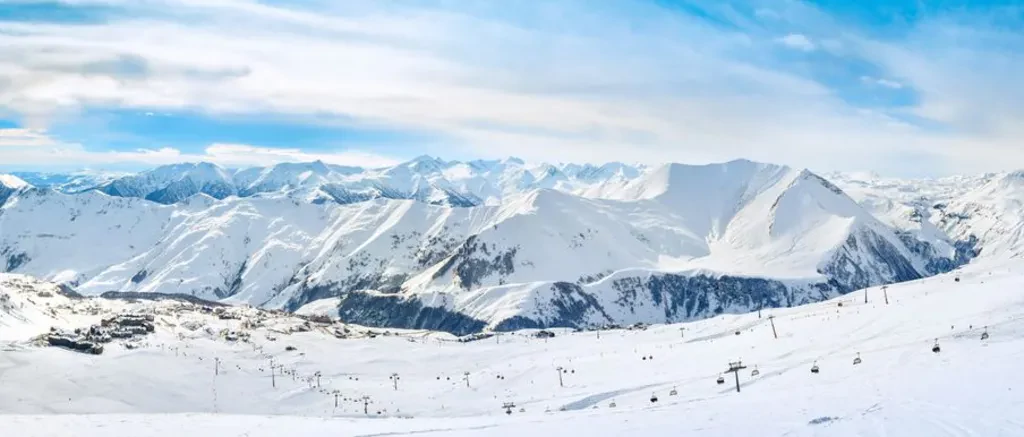
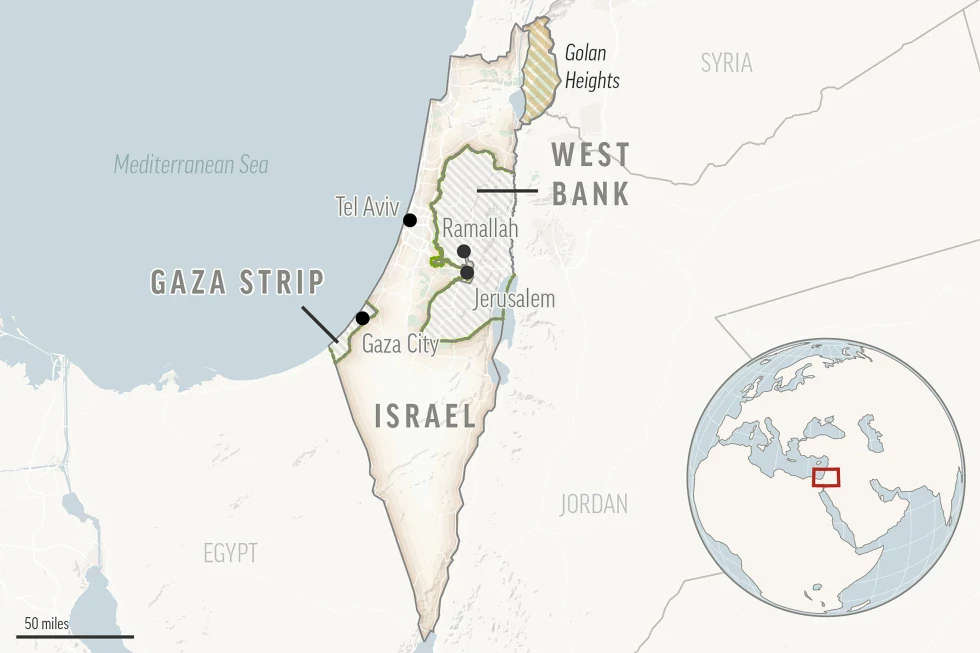

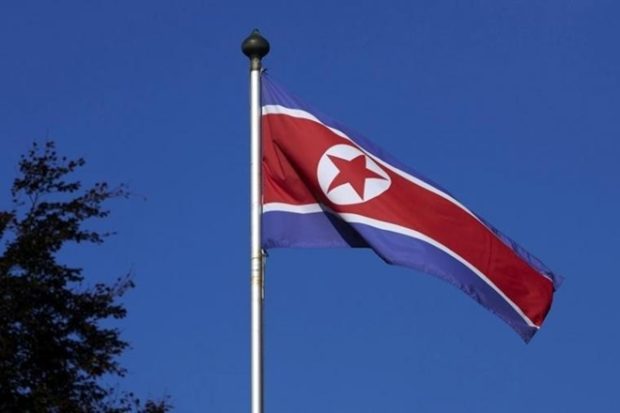
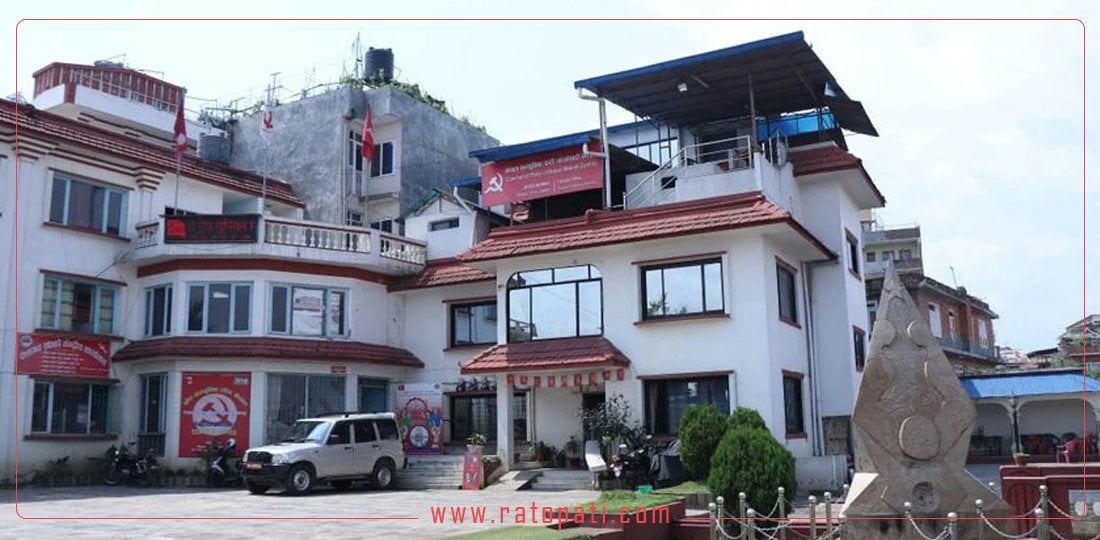

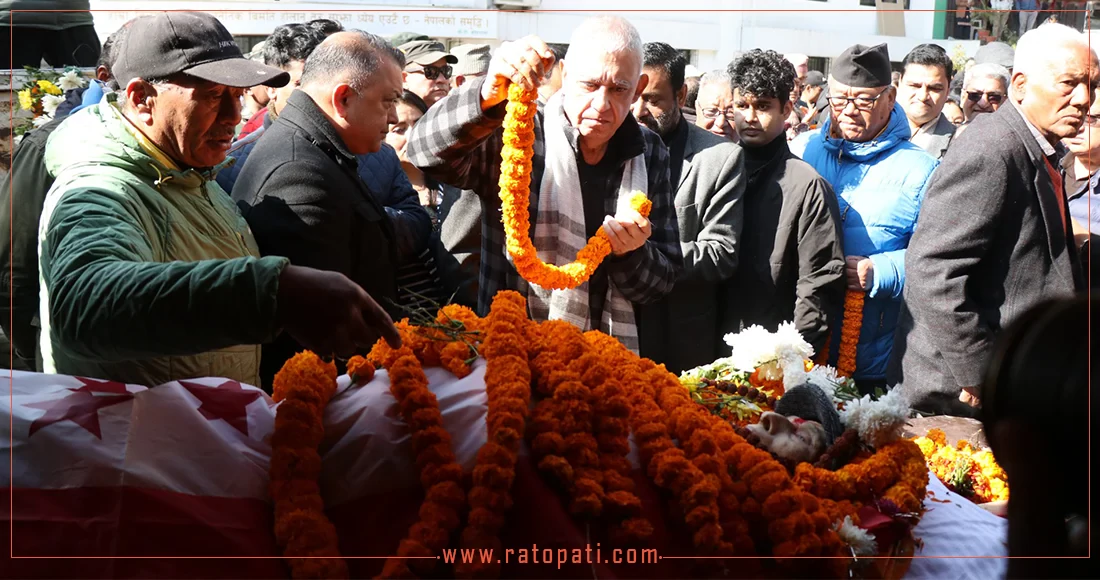
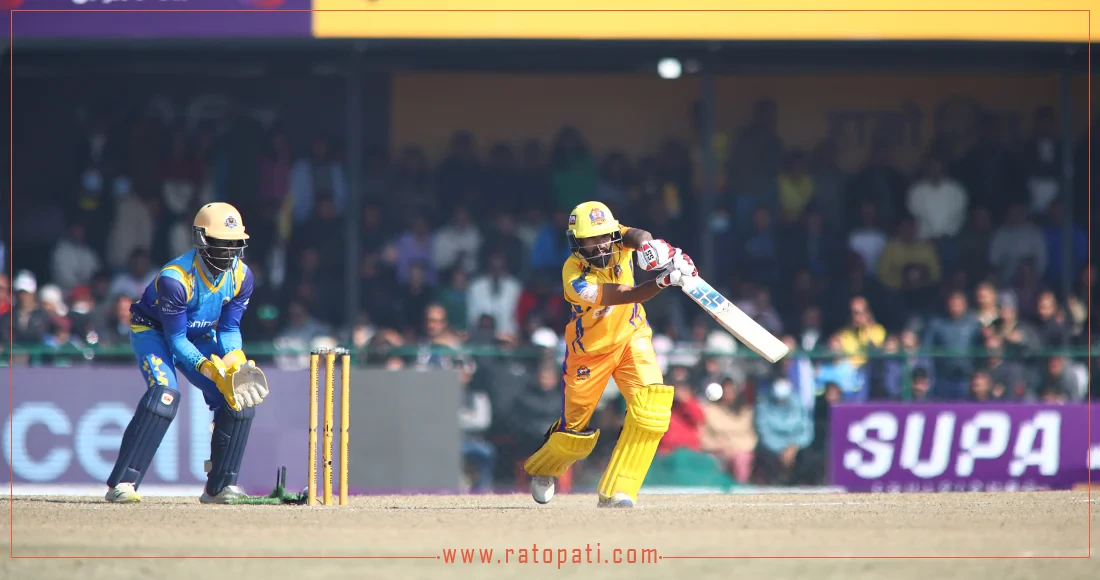
Leave Comment